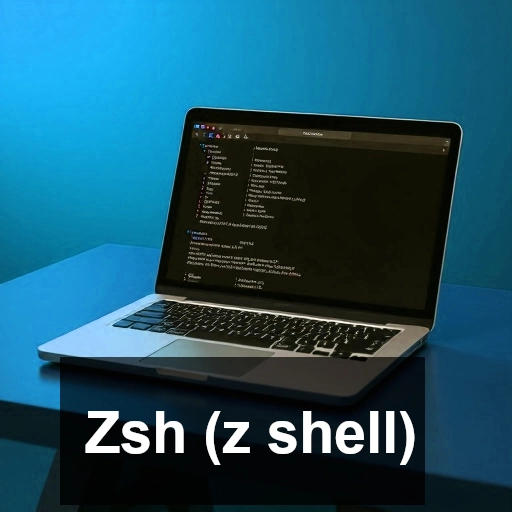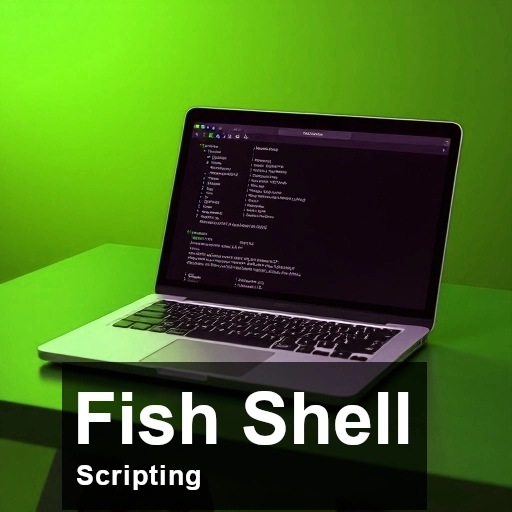The init system is the first process that runs when a Linux kernel boots. It sets up the environment, manages system services, and handles the launch of user-space processes. Different init systems offer varying features, such as parallel service startup, dependency management, and system monitoring.
Z Shell : Enhancing Your Command Line Experience
Zsh is an extended Bourne shell (sh) with many improvements, including features from Bash, ksh, and tcsh. It offers a robust scripting environment and a highly interactive command-line interface, making it ideal for both scripting and day-to-day terminal usage.
Getting Started with Fish Shell Scripting: A Beginner’s Guide
Fish shell, short for "Friendly Interactive SHell," was designed to be user-friendly and interactive. Unlike traditional shells, it emphasizes simplicity and usability without sacrificing powerful features. Fish offers a clean syntax, helpful suggestions, and a rich set of features out of the box, making it particularly appealing for both newcomers and seasoned developers.
Bash Shell Scripting: A Comprehensive Guide for Beginners
The Bash shell, short for "Bourne Again SHell," is a command-line interface widely used in Unix-based operating systems. Whether you're a seasoned developer or a tech novice, understanding Bash can greatly enhance your productivity and streamline your workflow. In this article, we’ll explore the essentials of Bash, its features, and…
Crontabs Explained: Scheduling Jobs with Precision
Cron is a time-based job scheduler found in Unix-like operating systems. It enables users to run scripts and commands at specified intervals, making it a perfect tool for automating repetitive tasks. Whether you want to schedule a daily backup, check system updates, or even control GPIO pins, cron can help…
Mass storage over usb (Raspberry pi)
A USB mass storage gadget allows a device to emulate a USB storage device, such as a flash drive or external hard disk. This means you can connect your Raspberry Pi to another computer and have it appear as an external storage device. The benefits include:
Turn Your Raspberry Pi into a USB Keyboard (HID)
HID stands for Human Interface Device, a standard that allows devices like keyboards and mice to communicate with computers in a standardized way. By emulating an HID keyboard, your Raspberry Pi can send keystrokes to any compatible system, making it a powerful tool for automation, testing, or creating custom input solutions.
Virtual UART over USB (Raspberry pi)
In the world of embedded systems and hardware projects, establishing a reliable communication channel between devices is crucial. The USB UART gadget provides a simple yet powerful solution for interfacing microcontrollers, sensors, and other peripherals with a computer or host device. This article will guide you through the process of setting up a USB UART gadget, allowing you to leverage USB connections for serial communication.
Ethernet over Usb (Raspberry pi)
The Raspberry Pi is a versatile and popular single-board computer, ideal for a variety of projects ranging from home automation to media centers. While many users rely on Wi-Fi for internet connectivity, there are times when a wired connection can offer more stability and speed. Enter Ethernet over USB—a method…




